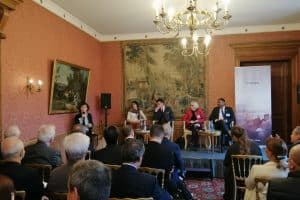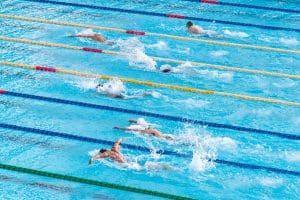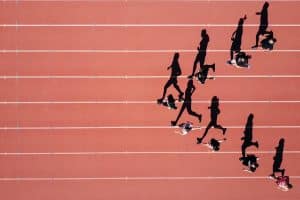With the Rugby World Cup 2023 and the Paris 2024 Olympic Games just around the corner, sport is a daily feature in the media, in political and economy columns, and in conversations with family and friends. Everyone agrees on the importance of promoting sport for all and on the benefits of sport for young people, particularly in terms of improving health, developing autonomy, improving employability, and teaching values.
But what do we know about what the younger generation think of it? After all, they are the ones who are going to be discovering it and participating in it (or not). This is a complex subject, as sport is so multidimensional and multifaceted.
In this context, and in keeping with the general aims of SKEMA Publika, we wished to conduct a comprehensive study focusing on sport, so as to identify, based on the expectations expressed by the young people of a number of countries, the major evolutions which are likely but also necessary over a ten-year period, while taking into account the national and international policies currently in place, then put forward some recommendations for national and international policy-makers.
To do this, we listened to online discussions on Twitter and analysed 7.6 million tweets posted by 670,000 young people aged 18 to 24. We also conducted interviews and surveys with 100 students of 18 different nationalities, with different sports levels.










